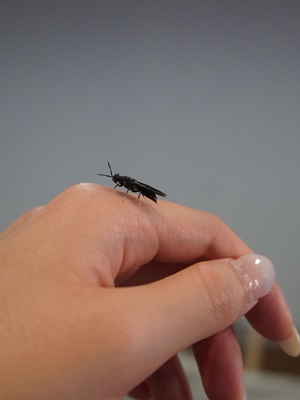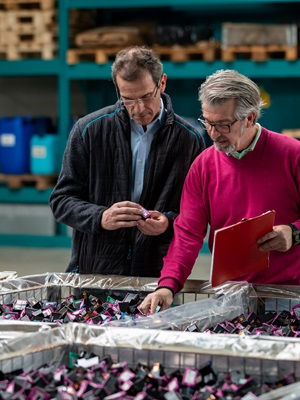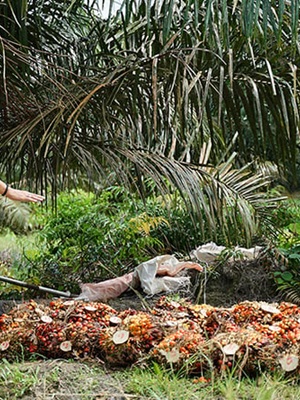The first time we stood in a flowering mustard field and could hear nothing, we felt the silence as a warning. No bees. No hum. Just the stillness of a bloom waiting in vain. It was February in central India, and a farmer's complaint about falling yields had brought us there. He spoke of seeds, prices, and rainfall. But we could only think about what we could not see: pollinators. That silence became the question that changed our lives.
We co-founded Humble Bee not with a plan to "save the bees," but to restore the quiet resilience that bees symbolize in the rural economy. India’s farmlands are in crisis, not just from climate change, but from an agricultural model that has prized productivity over biodiversity, chemicals over care, and left millions of women farmers invisible in the process. Our landscapes are scarred with monocultures. Our pollinators are vanishing. And the women who grow our food are being left behind.
What if the antidote isn’t more of the same, but something fundamentally different? What if rural women, often landless, often unpaid, could own, lease, and benefit from beehives placed in their fields? What if their farms could hum again, quite literally? That is what we are building. Not just a social enterprise, but a feminist pollinator economy. A system where scientific beekeeping becomes a gateway to environmental regeneration, rural livelihoods, and women's economic power. Where a bee box is not a tool, but a symbol of what is possible when we shift power at the margins of both markets and ecosystems.
Our model brings AI-powered advisory to the last mile, but never at the cost of human connection. We train a cadre of BeeMitras (local men trained in bee care and hive migration) while ensuring that women remain the economic owners of the hives. These hives travel across floral corridors, from mustard to ajwain to eucalyptus to several others, increasing both crop yields and income. It is a choreography of care- between flower and bee, woman and land.
We have seen miracles. In Kali Tiger Reserve, a woman farmer who had never earned in her name now supplies exquisite forest honey to us and local buyers. In Jharkhand, tribal communities are reforesting degraded land to welcome back bees. In Bihar, a collective of women beekeepers refused to sell to a bulk aggregator offering unfair prices, choosing instead to sell as a collective. Bees don’t just pollinate crops. They pollinate power.
Climate justice is often framed in billions- tons of carbon, dollars in investment. But what if it begins in small, humming acts of restoration? In building regenerative, circular, and care-based economies that do not see women as just users of technology, but as co-creators of a new environmental commons? The feminist pollinator economy is not a metaphor. It is a model. One box at a time, one woman at a time, we are rebuilding hope.
Posted 04/09/2025

















